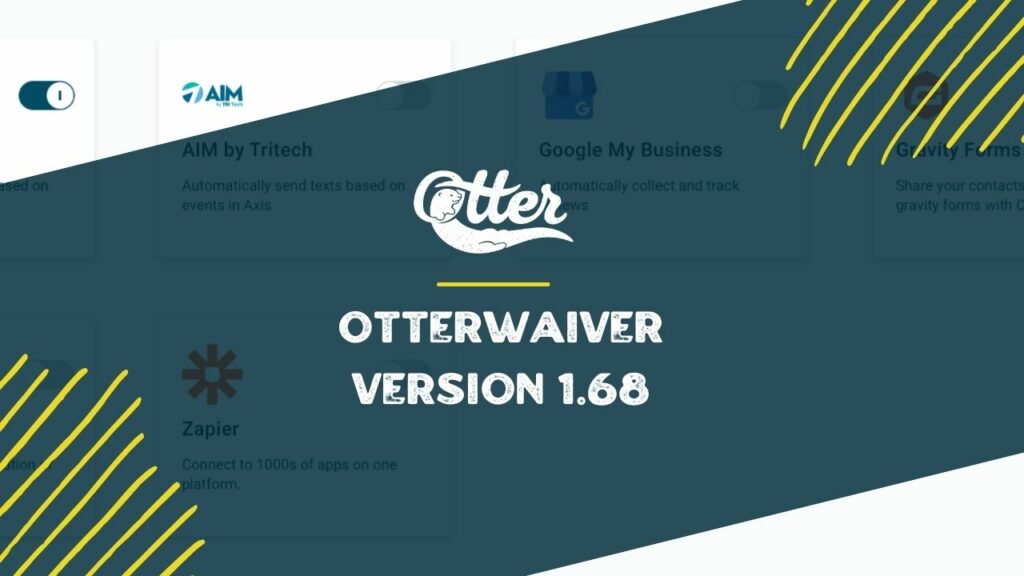The issue of waivers, particularly waivers for minors, isn’t just a legal concern. It’s about protection, responsibility, and understanding what’s at stake.
Here’s a breakdown of everything you need to know.
Gross Negligence vs. Ordinary Negligence
Dealing with waivers for minors brings unique challenges and responsibilities, especially concerning Gross Negligence and Ordinary Negligence. Here’s how both affect businesses catering to minors and what parents or guardians need to know:
Ordinary Negligence
Ordinary negligence refers to failing to provide general safety standards expected in a particular situation.
Consider a situation where a minor is injured at a play center due to insufficient padding around a play area, which regular maintenance should have addressed. Legal action might be limited if the parent or guardian signed a waiver.
Well-crafted waivers that comply with state laws can protect businesses from lawsuits resulting from ordinary negligence. However, a commitment to ongoing safety is essential.
Gross negligence
Gross negligence involves a significant lack of care or deliberate disregard for safety.
Suppose a climbing facility for children knowingly uses defective ropes. If a minor gets injured, it could be deemed gross negligence.
A waiver might not protect against claims of gross negligence. Businesses must exceed mere compliance and ensure the utmost safety.
How Do Waivers for Minors Work?
A waiver for minors is a binding legal agreement, signed by a parent or guardian. It grants permission for a child to engage in an activity while absolving the provider of specific liabilities. Since minors can’t legally sign contracts, these waivers are vital.
State Regulations and Compliance
Different states maintain different rules, shaping how waivers are implemented. In some jurisdictions, separate waivers for minors and adults are required, highlighting the importance of compliance to local laws.
Components of the Agreement
A minor waiver typically has the following elements:
- Detailed description of the activity
- Acknowledgment of potential risks
- A statement releasing liability
- Emergency contact information
- Parent or guardian’s signature
Limitations and Considerations
While these waivers provide some legal protection, limitations do exist. For example, they generally shield against ordinary negligence but not gross negligence. Additionally, the provision for electronic signing may vary by state, adding an extra layer of complexity.
Roles and Responsibilities
Businesses crafting these waivers must prioritize transparency, adherence to legal standards, and clear communication with parents or guardians. On the other hand, parents and guardians are urged to scrutinize the document, pose questions, and thoughtfully evaluate if the activity aligns with their child’s needs and safety.
Do Digital Waivers for Minors Apply?
In many jurisdictions, including the United States, digital waivers are governed by laws like the ESIGN Act and UETA, making them as enforceable as traditional paper waivers. The key is adhering to specific regulations, such as ensuring parental consent for minors.
Regarding minors, what applies to paper waivers also applies to digital ones. A parent or guardian must sign the waiver, acknowledging the risks and releasing liability. The format doesn’t change the legal standing, only the method of execution.
What Can Businesses Do to Protect Themselves?
Protection and compliance are essential when dealing with waivers, particularly those involving minors. Knowing the laws is just the beginning. Here’s what businesses must do:
- Ensure Clarity and Compliance: All waivers, whether digital or paper, must be clear, concise, and adhere to local regulations. This includes specific provisions for minors who require parental or guardian consent.
- Use Digital Waiver Platforms: Digital waivers offer convenience and efficiency. Platforms like OtterWaiver are designed to ensure complete compliance, making them a valuable tool for businesses. The benefits of using digital waivers extend beyond mere compliance; they include streamlined processes, eco-friendly practices, easy storage, and quick retrieval.
- Open Communication: Engaging openly with participants and their guardians about the waiver’s requirements is essential. Clear communication builds trust and helps everyone understand their rights and responsibilities.
- Regular Review: Laws and regulations can change. Regularly reviewing and updating waiver forms to reflect current legal standards is vital.
FAQs
Can You Sign a Waiver on Behalf of Someone Else?
As a general rule, signing on someone else’s behalf is legal so long as you are authorized to sign for them.
Do You Have to Be 18 to Sign a Waiver?
In most jurisdictions, you must be 18 or older to sign a legally binding waiver. A parent or guardian must sign on their behalf if the participant is a minor.
Is Signing Digitally Valid?
Yes, it is valid under the E-Sign Act and similar laws worldwide. Digital signatures are as legally binding as handwritten ones if the proper process is followed.
What If a Minor Signs a Waiver Without Parental Consent?
Typically, a waiver signed by a minor without parental or guardian consent is not legally binding. Businesses must ensure that proper authorization is obtained to avoid legal complications.
How Can Businesses Ensure Compliance with Waivers for Minors?
Businesses can ensure compliance by adhering to local laws, clearly communicating with guardians, and using secure digital platforms like OtterWaiver. Proper documentation, regular review, and technology can streamline and secure the process.
Are Digital Waivers Secure?
Yes, digital waivers from reputable providers like OtterWaiver are designed with security in mind. Encryption, secure storage, and compliance with data privacy laws are standard features that safeguard information.
Can Waivers Protect Against All Liability?
No, waivers cannot protect against all liabilities, such as gross negligence. A well-crafted waiver can shield against claims of ordinary negligence but not willful misconduct or illegal activities.
Conclusion
Understanding and implementing waivers for minors is an essential responsibility for businesses, parents, and guardians alike. Whether paper or digital, these legal agreements protect all parties involved.
Are you a business owner looking for a hassle-free way to manage waivers for minors? OtterWaiver offers a solution that is efficient and convenient and ensures complete compliance with legal standards. From secure digital signatures to streamlined processes, OtterWaiver makes handling waivers a breeze.
Sign up for a 14-day free trial today and experience the benefits of using digital waivers. No obligations, no strings attached.
Disclaimer: This blog post is for informational purposes only and does not constitute legal advice. If you need legal advice, please consult with a professional legal practitioner.



